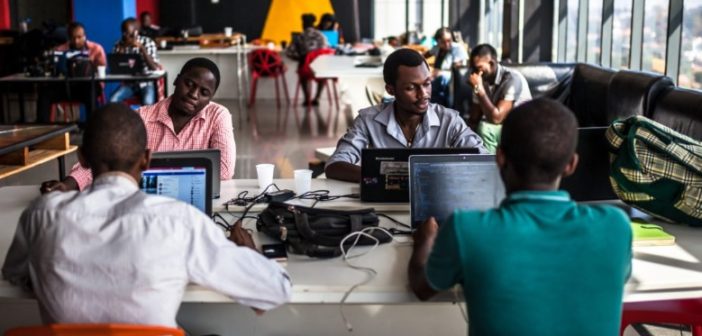The NilePreneurs Initiative for Entrepreneurship, an Egyptian startup support program, has announced the launch of four new courses for business incubators to support startups.
The courses will cover technology, digital transformation, climate change technology, local manufacturing, and the furniture industry and are open for applicants now. The courses will also cover developmental issues including gender and women’s economic empowerment. The NilePreneurs Initiative was created by the Central Bank of Egypt (CBE), along with the Housing and Development Bank, the Egyptian Export Development Bank, the Suez Canal Bank, and QNB-Group’s QNB Al-Ahly Bank.
Economic and sustainable development
The new courses are intended to support the creation of new startups, to deepen industry and to create jobs to contribute to Egypt’s economic growth while fostering sustainable development.
According to Mohamed Abbas, Assistant Executive Director of NilePreneurs, the four courses reflect the program’s aim to achieve the UN’s SDGs while working to create added value for emerging, micro, and small projects in the national economy. In terms of SDGs, Abbas said the programs took into account women’s economic empowerment, decent work and economic growth, industry, innovation, and infrastructure, responsible consumption and production and climate action.
According to Abbas, the courses cover a wide range of stages and fields, beginning at the pre-incubation stage with the aim of sponsoring innovative ideas, crystallizing them, and qualifying them for the next stages of the incubation programs.
The various stages of the program aim to assist startup owners in establishing their businesses and providing innovative solutions to problems they might encounter. These solutions address technological solutions and electronic applications alongside various attempts to support local industry and better position it to compete internationally in order to increase its export capacity.
NilePreneurs: Tailored support
NilePreneurs’ business incubators specialize in a number of fields and industrial sectors and aim to support sustainable development and new and emerging companies providing new products and innovative ideas, according to Abbas. The various incubators will be offering courses for one-and-a-half months, until the end of August.
The business incubator program provides a range of support including a pre-incubation phase which aims to support innovators in the first stage of establishing their companies and providing them with technical support and administrators needed to crystallize their ideas and turn them into an executable prototype.
The Technology Applications Incubator, ‘LaunchSaaS’ focuses on providing support to emerging companies that provide technical solutions and provide a more sustainable future for projects, taking into account the environmental, social, governance, fintech, and digital transformation dimensions.
The Engineering Business Incubator focuses on climate change technology and local manufacturing of products with the aim of promoting sustainable industries and encouraging investment in scientific research, innovation, and infrastructure in order to confront the risks of climate change.
The Creative Design Incubator offers support to start-ups working in the field of furniture, home décor and handicrafts based on recycled and environmentally friendly materials, or traditional crafts and industries.
African success in 2022
African startups received over USD 1 billion in investment in the first half of 2022.
